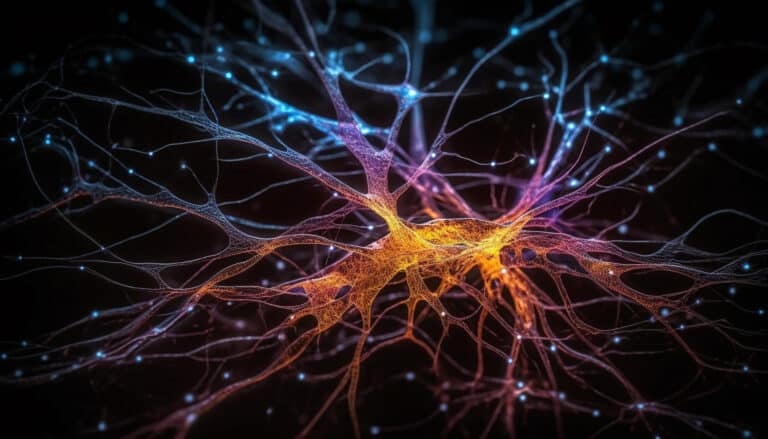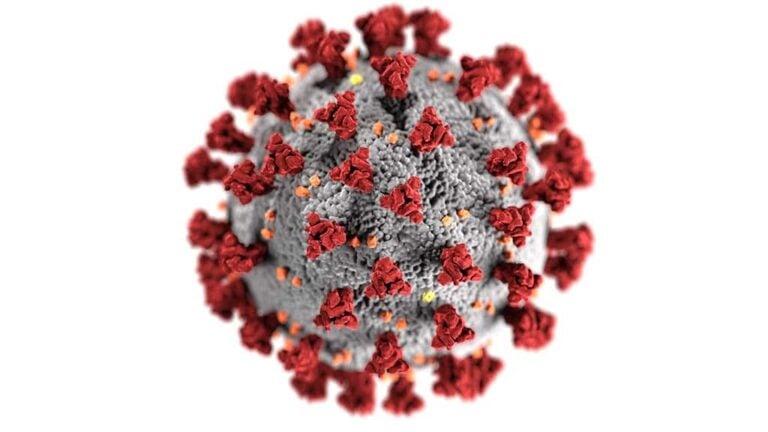“So how exactly does this work? I talk; you listen? Is that … it? That is talk therapy?” This was one of the first (and many) times that…
“So how exactly does this work? I talk; you listen? Is that … it? That is talk therapy?”
This was one of the first (and many) times that a patient had been outspoken about his doubts and hesitations regarding psychotherapy / talk therapy. Of course, that’s not it. Nevertheless, his question points out one true fact: there are still a lot of misconceptions when it comes to what therapy is all about.
First and foremost, therapy is a word used to describe any type of treatment applied to relieve a problem. It comes from the Greek word <<therapia>>, which refers to curing, healing, take care of or alleviate. Originally, therapy was employed solely in the medical field. And even though, the mind-body connection is an age-old debate; the healing of the soul and mind can be a little bit more complex.
Psychotherapy specifically, refers to a scope of treatments that can help with mental health problems (including psychiatric disorders) and emotional challenges. Sometimes referred to as talking therapy, it consists of a clinical setting where specific guidelines are set and therapy is done through talking instead of medication.
The usefulness of talk therapy has been largely debated in the mental health community. Some mental health conditions are caused by physiological changes and therefore require medication, while others are due largely to social and psychological environmental factors, which can be treated through changes in thinking patterns and behavior.
Common Myths About Talk-Therapy
Common myths about this type of therapy talk therapy include:
- It doesn’t work
- I can fix the problem myself
- Talking about my problems won’t solve them
The invalidity of these myths is recognizable in this simple statement: talking (communication) is the way humans convey information. A professional therapist is able to decode communicated information to understand the way the patient’s mind works, particularly the drives and motives that underlie the suffering.
Therapists can’t make promises or hand out cut and dried solutions, but psychotherapy can promote change and most importantly help you break free from repeating past mistakes. Because suffering is not necessarily about making mistakes, it’s about repeating those mistakes over and over AND over.
Different Therapeutic Methodologies
Today the search for different methodologies to address suffering has made the healing industry grow tremendously and there are multiple therapeutic offers: art therapy, homeopathy, forest therapy, music therapy, group therapy, individual therapy, acupuncture, yoga, meditation, couples therapy, hypnotherapy, equine therapy, family therapy and many more.
At Costa Rica Treatment Center we recognize that all approaches have their own strengths, benefits, and limitations. There is no simple answer to determine which works best. The most effective plan varies from person to person and is based on age, the rationale for consultation, previous treatments undergone, diagnosis, co-morbidity, acceptance of responsibility, support systems, health concerns, and others. This is one of the reasons why at Costa Rica Treatment Center, our addiction treatment programs combine multiple forms of therapy into an interdisciplinary approach, delivering comprehensive care and maximizing the recovery experience.
The article was written by Belen Artinano
Clinical Psychologist at Costa Rica Treatment Center








